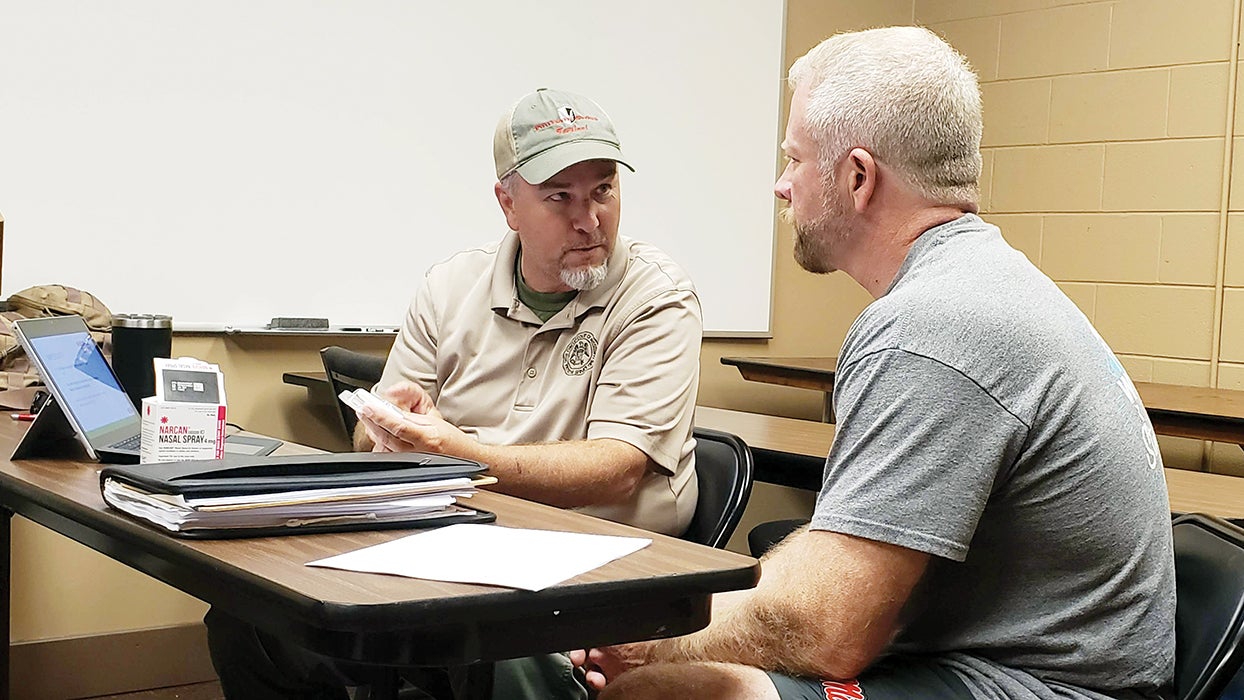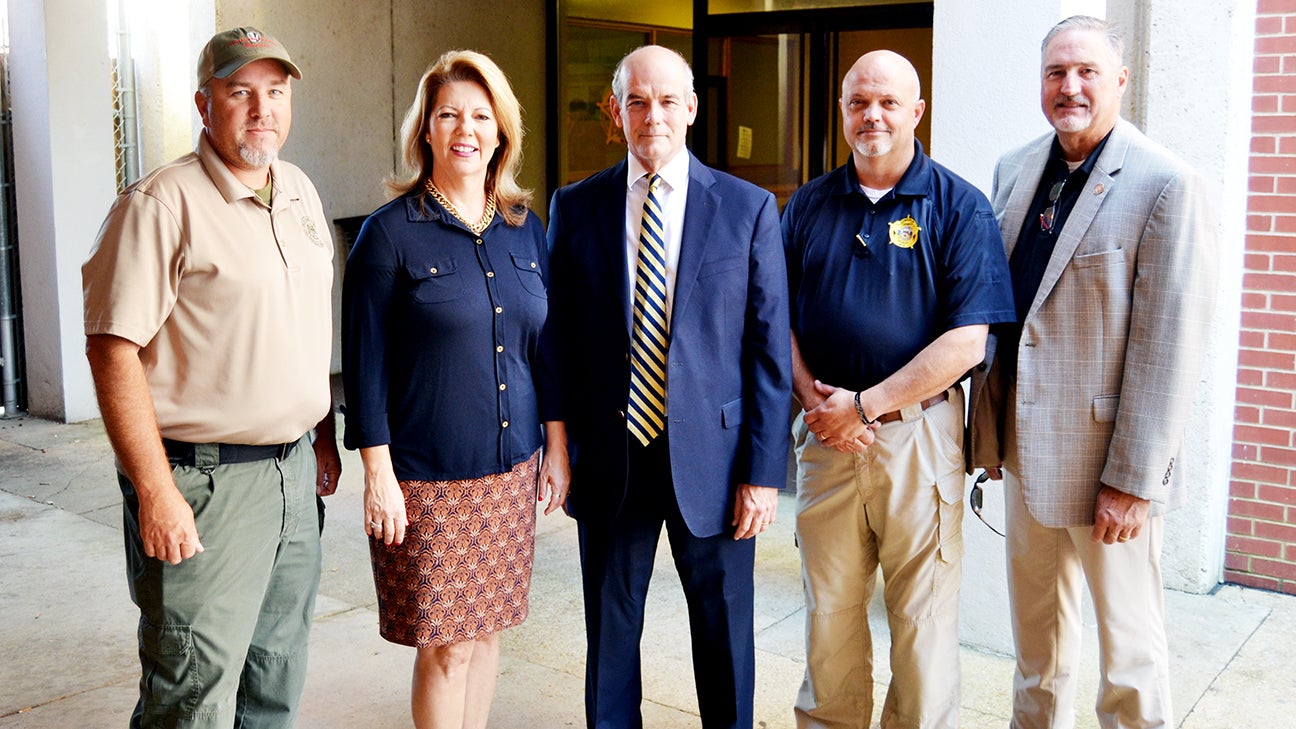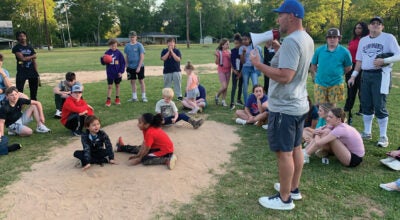New Narcan in officers’ hands
Published 9:49 pm Thursday, September 26, 2019
John Douglas handed out nose spray to law enforcement officers Thursday that could possibly save lives, even their own.
Douglas, coordinator for the state’s 14th Circuit Drug Court, distributed a second batch of Narcan nasal spray to officers from Brookhaven Police Department and deputies from Lincoln County Sheriff’s Office to replace the units that recently expired.
Narcan is the first and only FDA-approved naloxone nasal spray. It comes in a ready-to-use, needle-free, 4 milligram concentrated dose in a single spray. Deputies who patrol the rural areas were given two doses to keep, while police officers in the city limits were given one.
Douglas, a former narcotics agent, said Narcan can be used to reverse the effects of an opioid overdose if administered quickly enough.
Douglas set up a distribution area in a classroom at the sheriff’s office. He explained to deputies who did not attend training last year how the product works.
Naloxone, the active ingredient in Narcan, competes with opioids to bind with the mu-receptors in the brain, Douglas said.
Mu-receptors are like a magnet, he explained. Both opioids and Narcan are positively charged magnets that want to attach to mu-receptors.
“Narcan nasal spray has a stronger affinity toward the mu-receptors, so it will knock the opioid off of the receptor and take its place,” he said.
The Narcan blocks the absorption of the opiate.
“The problem with it is, this doesn’t last as long as an opiate will last in the body,” Douglas said. “So, once you give it to them you have to watch them and make sure they don’t go back into the overdose and you may have to give them more of it.”
Having the Narcan available when it’s needed can mean the difference between life or death, said Circuit Judge Michael Taylor.
“We don’t leave people to die because of their mistakes, and people may ultimately be prosecuted because of the choices they make, but we don’t let them die. We save them, then deal with the consequences,” he said.
First responders who may come into contact with opioid residue can also use Narcan to stop the effects of the drug to buy time to get help.
The Narcan nose spray passed out Thursday came from a $3.58 million grant awarded May 2018 to the Department of Mental Health and Public Safety. The grant was funded by the State Targeted Response to the Opioid Crisis Grant, as part of the 21st Century Cures Act and is consistent with the final recommendations made by the Governor’s Opioid and Heroin Study Task Force.
District 14 was the first area to be offered the training and Narcan to use. Because of the grant, Douglas was able to get the a second batch of Narcan needed for distribution in Walthall County Wednesday, Lincoln County Thursday and Pike County today. These units will expire in February 2021.
Since the first batch was distributed last year, about 25 units have been used in the three counties.
“That’s a few in Walthall, quite a bit in Pike County and a few here in Lincoln County. It’s been all over the district,” Douglas said.
First responders and law enforcement officers aren’t the only ones who can give Narcan.
House Bill 996, passed in Mississippi’s 2017 legislative session, permits the use of standing orders for naloxone at pharmacies across the state. These standing orders allow any individual to request to purchase naloxone at a pharmacy without a doctor’s prescription.
“Not only can we provide it to these deputies and policemen, people can buy it at the pharmacy, if they have a family member who is an opioid addict,” Taylor said.
Narcan is about $30 dose and available behind the counter at most pharmacies.
Legislators also made it possible for first responders and law officers to give the Narcan on a scene without fear of being sued.
“The Legislature changed our law to provide immunity to anyone who administers it. There’s no liability for administering it or not administering it,” Taylor said.







